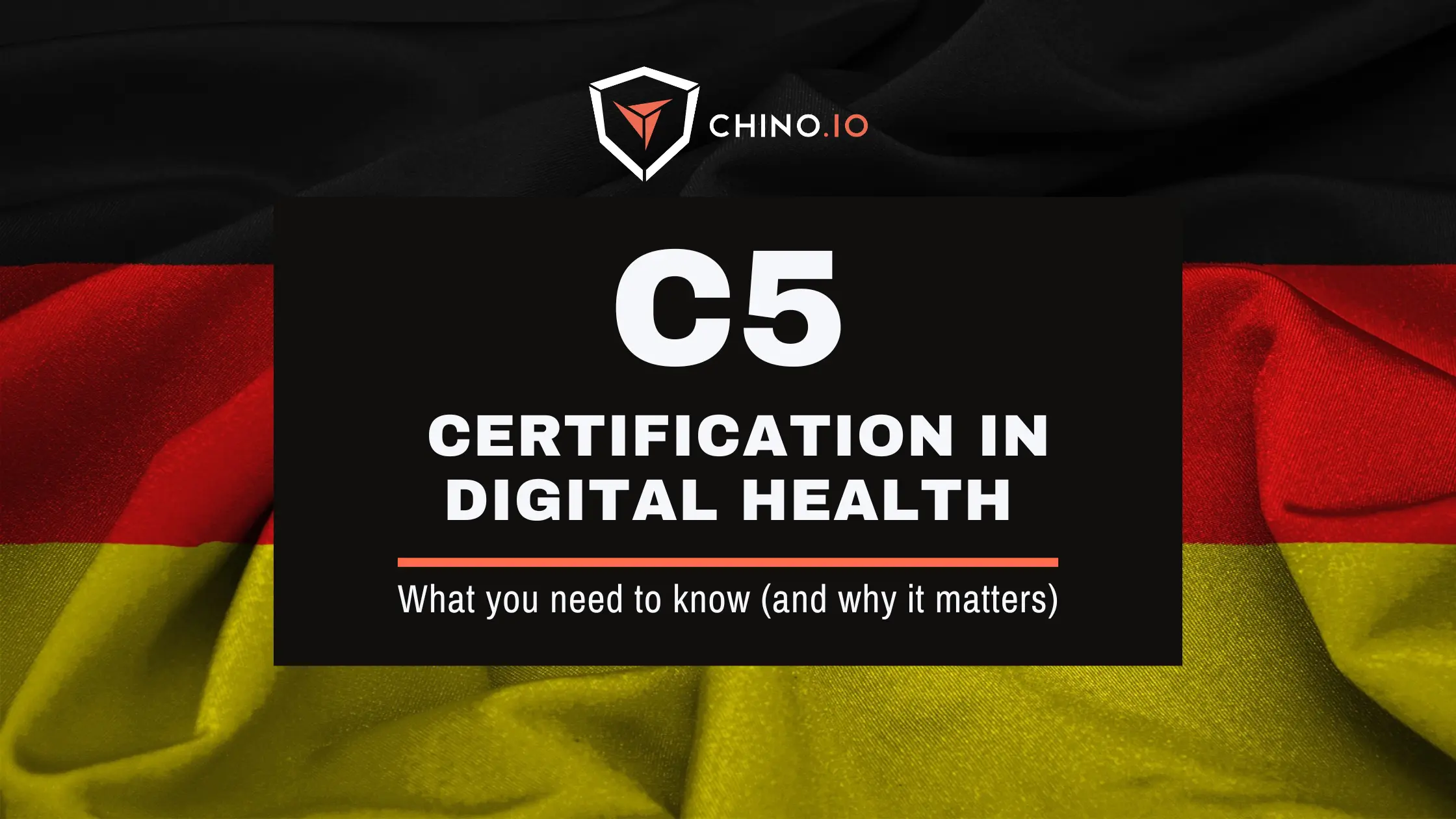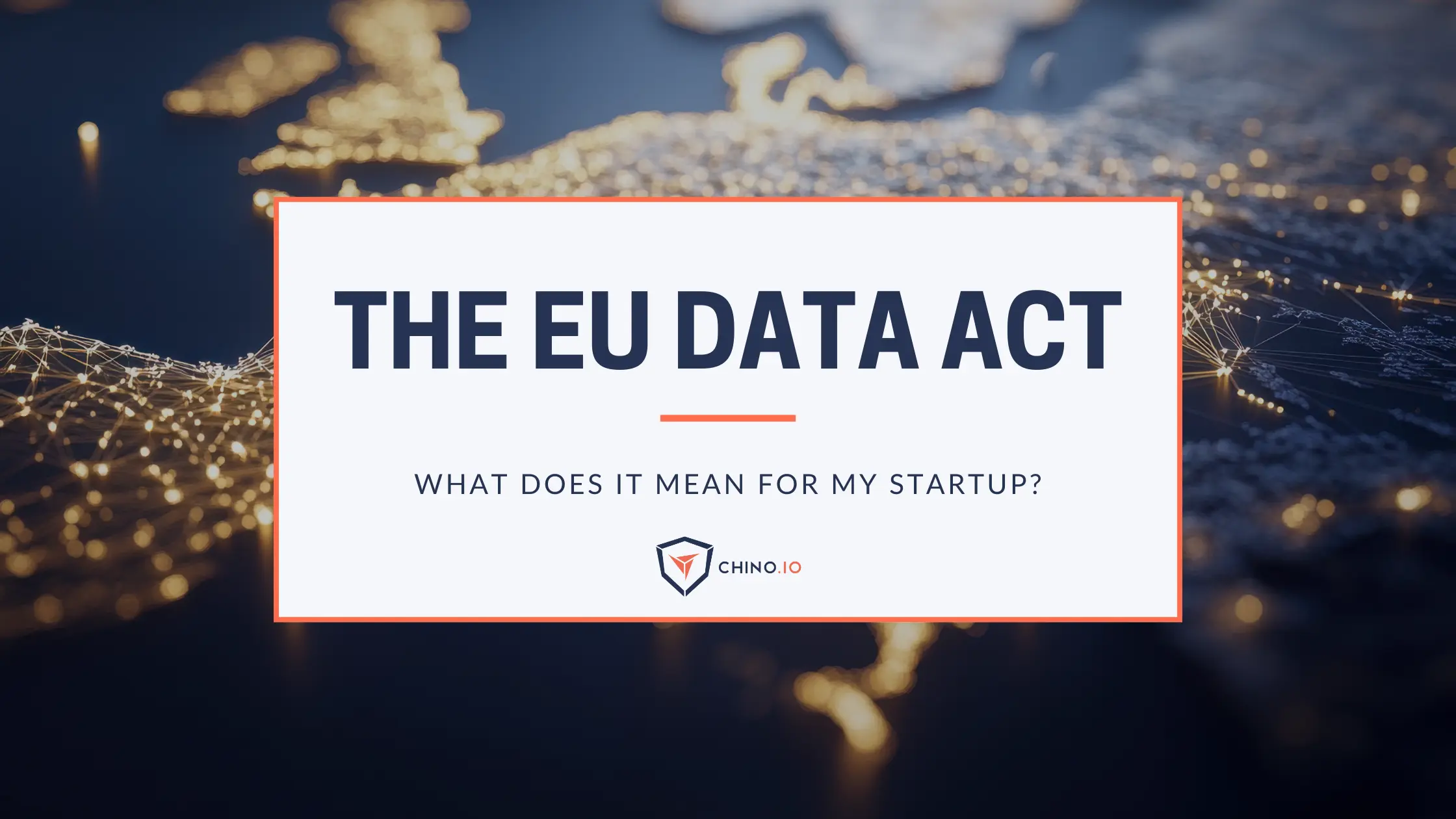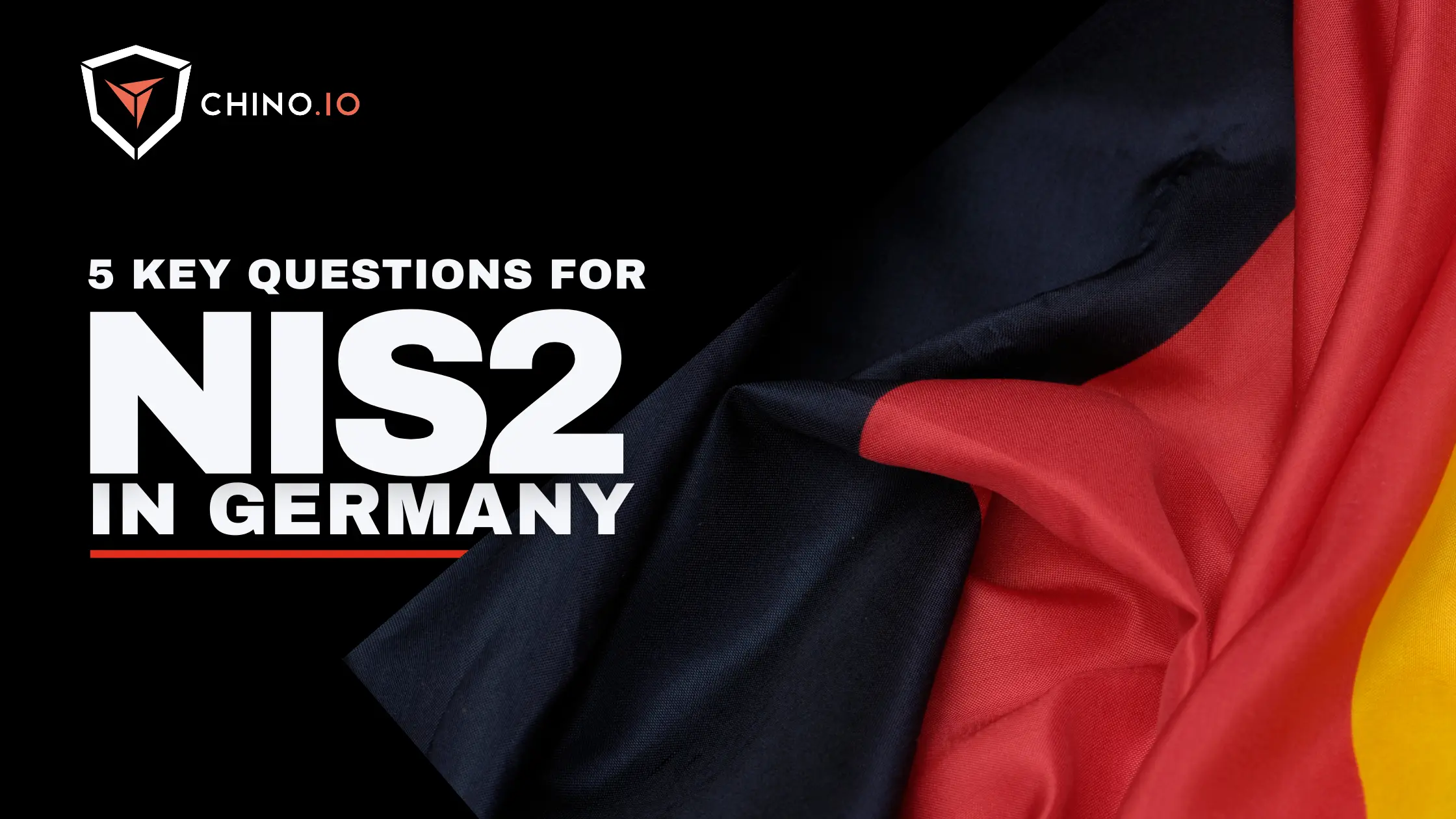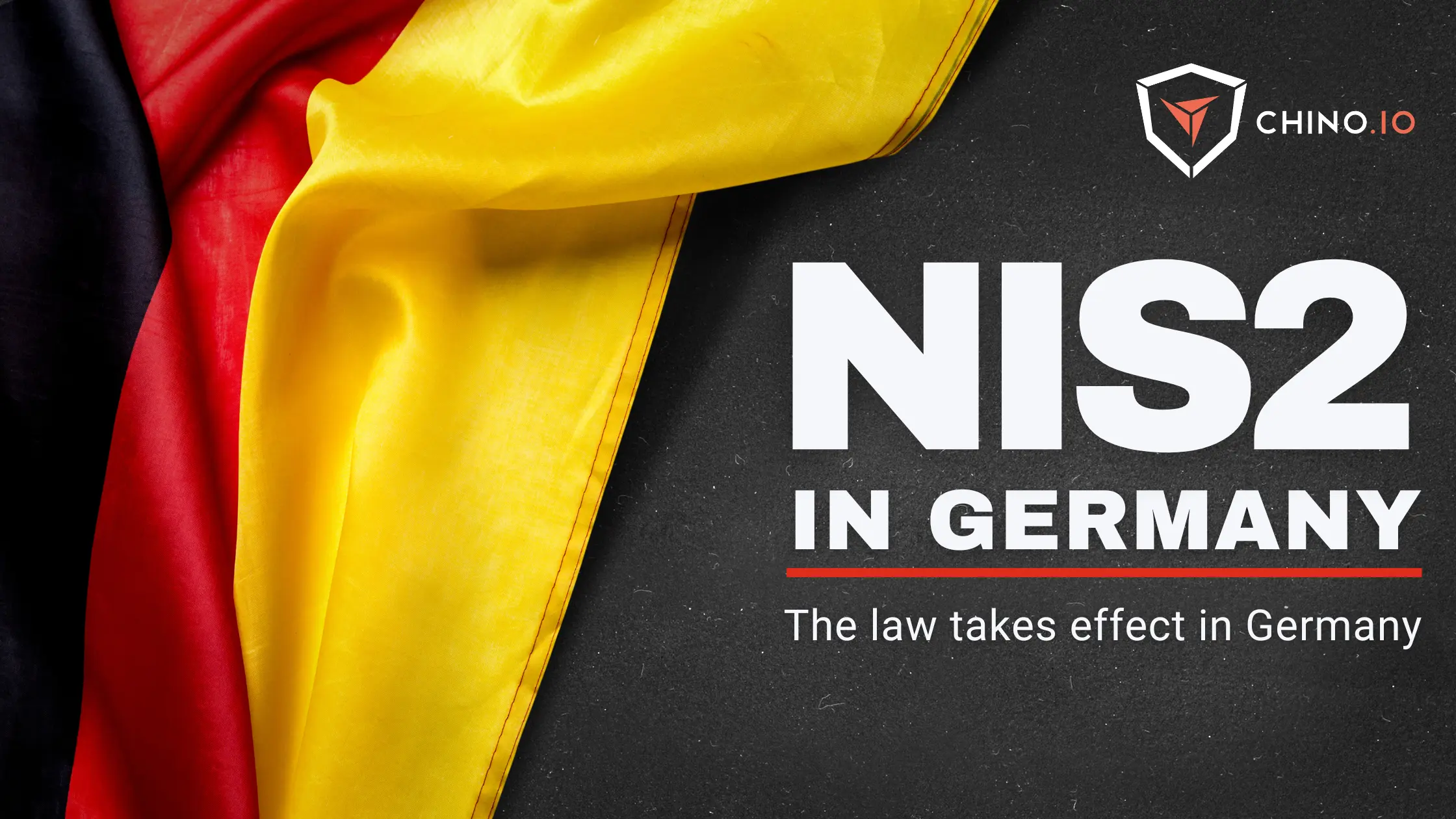C5 Certification in Digital Health: What you need to know
One hot topic lighting up conversations at DMEA this year is C5 certification—a standard that cloud service providers now need to meet to stay compliant. Most people still don’t fully understand what it means, who it applies to, or how expensive it can be.

One hot topic lighting up conversations at DMEA this year is C5 certification—a standard that cloud service providers now need to meet to stay compliant. The problem? Most people still don’t fully understand what it means, who it applies to, or how painful (and expensive!) it can be.
In this blog, we break down C5 in simple terms. If you're a health tech startup, SaaS provider, or a cloud-based digital health company, this is for you. The goal is to keep things clear, professional, and—dare we say—encouraging
What is C5, and why is everyone talking about it?
Originally introduced by the German Federal Office for Information Security (BSI), it was meant to certify traditional cloud services. But now, thanks to the 2024 update to the German Digital Health Law (**Digitale-Versorgung-Gesetz)**, it’s become mandatory for anyone offering “cloud-like” services in healthcare .
This includes:
- Cloud service providers used by hospitals or insurers
- Health companies embedding third-party cloud tools
- SaaS platforms hosting patient or medical data
That’s right—even if you don’t call yourself a cloud provider, if your service is internet-based, scalable, and handles sensitive health data, you likely fall under this umbrella.
Who needs to comply with C5?
Here’s who needs to pay close attention:
- 🧩 Healthcare cloud providers delivering infrastructure or platforms to other companies
- 🏥 Health organizations using third-party cloud services—you must verify your provider is C5 certified
- 💻 SaaS health companies running their own cloud platform—yes, this includes you
In short: if you're hosting or handling sensitive health data on the cloud, you’re a cloud service provider in the eyes of C5. Even if “cloud” isn’t in your main offer, your tech stack might qualify. Think about digital therapeutics, remote diagnostics, or hospital IT platforms.
But what makes you a cloud service provider under C5?
- You offer a software-based medical platform via the internet
- Your infrastructure is cloud-hosted and scalable (e.g. on Microsoft Azure)
- Your service is multi-tenant and available on demand
- You process sensitive health-related data on behalf of others
The C5 framework doesn’t just apply to providers—it’s also a guide for customers and auditors. The cloud provider must meet the C5 criteria, and auditors must verify and document that compliance. 📋✅
💡 Takeaway: If you build or use health cloud services in any form, you’re likely within the scope. Now’s the time to check your provider’s certification or pursue your own—before regulators or partners ask.
What does C5 compliance actually involve?
Let’s be honest: It’s a lot.
C5 is based on 125 detailed criteria split across 17 security domains. These include physical security, access control, encryption, vulnerability management, and incident response.
Here’s a simplified version of what’s required:
- Prepare a system description that outlines your cloud architecture and security setup
- Conduct an internal pre-audit to check compliance with C5 standards
- Hire a certified auditor to perform a full review
- Address all legal, technical, and organisational requirements—from HR policies to IT infrastructure
This is not a checklist you knock out in a weekend. Most companies will need 6–12 months to get everything in place.
ISO27001 vs. C5: Can you use an equivalent?
If you already have another recognised certification like ISO/IEC 27001, you may not need full C5 certification right away.
Under the new law, transitional “equivalent” standards are accepted for up to 24 months, as long as you have:
- ISO/IEC 27001:2022
- ISO 27001 + BSI implementation guidelines
- Cloud Controls Matrix (CCM) v4.0
This gives companies a bit more breathing room to meet the new expectations. But be aware: You still need a roadmap and a milestone plan in place to transition fully to C5.
It’s not a permanent get-out-of-jail card—it’s a bridge.
How much does it cost and how long does it take?
Getting C5 certified is not cheap, especially for startups with lean teams and fast-moving roadmaps.
Here’s what you’re likely looking at:
- Timeline: 9 to 12 months (including pre-audit work)
- Cost: Anywhere from €50,000 to over €100,000
- Vendors: Only a limited number of certified auditors can perform the C5 audit in Germany
Even though government documents mention “five-figure” costs, these are often seriously underestimated. Once you factor in legal advice, internal security upgrades, documentation, and the auditor’s time, it’s easy to hit six figures.
This cost alone could push some small providers out of the market unless they can rely on C5-certified third-party infrastructure.
What’s the strategy for startups?
Here’s the reality: hospitals and insurers are starting to ask for C5 now. And they may turn down offers from companies that don’t comply.
But building your entire stack to be C5-certified today might not be realistic.
Instead, consider this two-phase approach:
- Short-term: Partner with a C5-certified cloud provider like Azure Germany or T-Systems. This allows you to legally operate while working toward your own certification.
- Long-term: Develop your roadmap to full compliance over 12–24 months. This shows partners and regulators that you’re taking it seriously.
Transparency is key. Be clear with your customers about your current setup, your timeline, and your commitment to compliance.
Need help figuring it out? We’re here to help!
Chino.io is the one-stop shop for solving all privacy and security compliance aspects.
As a partner of our clients, we combine regulatory and technical expertise with a modular IT platform that allows digital applications to eliminate compliance risks and save costs and time.
Chino.io makes compliant-by-design innovation happen faster, combining legal know-how and data security technology for innovators.
To learn more, book a call with our experts.
Streamline Your Compliance With Chino.io Today
Discover our
Templates
Read our Latest Industry Insights
Discover insights from our expert writers.




